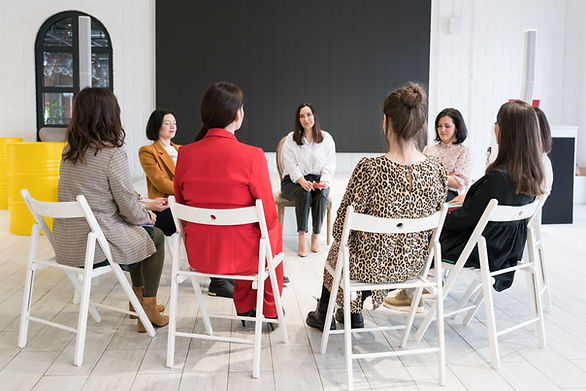Workshops
1:1 Anger Management / self-esteem Sessions
The words ‘anger management’ infer that one must be angry before any form of action is taken. This can provide difficulties because when the ‘red mist’ of irritation, frustration or anger descends, the autopilot mind takes over and it might be more difficult to take a step back.
Our aim is to help you learn to recognise the triggers to your anger and take a well managed step back. Preventing the onset of an anger response is much easier to perform rather than stopping the anger once it is in play.
As each session advances:
-
You will begin to recognise sooner when you feel irritated and frustrated.
-
You will learn how to more more mindful of the moment and...
-
Develop better habits of response. Are you quick to be irritated, frustrated or angry?
-
Do you consider your responses out of proportion with the situation?
-
Do you notice that you take problematic moments personally and become defensive?
-
Do you blame others for your actions?
-
Do you react negatively if things don’t go the way you hoped or if you
don’t get your way?
A practical approach of cognitive awareness and mindfulness will help you take back control.
The benefits of our anger management solutions
If anger in any form is present in your life you will be helped to develop a ‘toolbox of skills’ that will include:
-
Creating an awareness of your anger triggers and notice when they’re occurring rather than following them on autopilot.
-
Develop ways to find solutions to the anger triggers where they can be found and to learn how to take a step back where they can't.
-
Learning how to challenge thoughts and interpretations towards situations and people that precede an anger response.
-
Learning how to create responses that are proportionate to a situation.
-
Learning how to relax and calm your mind.
-
Learning how being more mindful of your moment to moment experiences.
Confidence & Self-esteem building 1:1
or group workshops
What is Self-Confidence?
It is feeling empowered and resilient to daily challenges. Although self-confidence can mean different things to different people, in reality it simply means having complete faith in yourself and your abilities. Confidence is partly the result of how we have been brought up and how we have been taught. It is also a result of our experiences and how we have learned to react to different situations. Self-confidence is not a static measure. Our confidence to perform roles and tasks, plus deal with situations can increase and decrease and on some days we may feel more confident than others.
Confidence and self-esteem are not the same thing, although they are often linked. Confidence is the term we use to describe how we feel about our ability to perform roles, functions and tasks. Self-esteem is how we feel about ourselves, the way we look, the way we think - whether or not we feel valued. People with low self-esteem often also suffer from generally low confidence, but people with good self-esteem can also have low confidence. It is also perfectly possible for people with low self-esteem to be very confident in some areas.
Ways to Improve Confidence
There are two sides to improving confidence. Although the ultimate aim is to feel more confident in yourself and your abilities it is also worth considering how you can appear more confident to other people. The following list has lots of ideas on how to achieve this.
Planning and Preparation
People often feel less confident about new or potentially difficult situations. Perhaps the most important factor in developing confidence is planning and preparing for the unknown.

